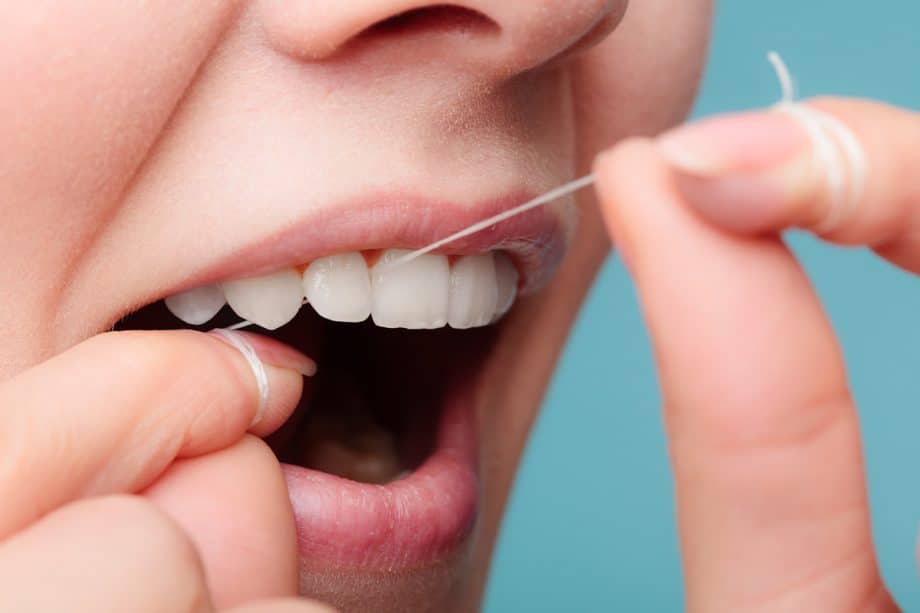As parents, we know how important it is to set our children up with healthy habits early in life. Dental care often starts with teaching them how to brush, but many of us wonder: when should kids start flossing? It’s a common question, and the answer can make a big difference in preventing cavities, protecting gums, and building lifelong oral hygiene routines.
Flossing removes food particles and plaque between teeth where a toothbrush can’t reach. For children, this step is just as essential as brushing—but knowing when to introduce it, and how to make it a habit, can feel overwhelming. At The Smile Architects, we want to provide parents with clear, practical guidance so you can confidently help your child maintain a healthy smile.
Why Flossing Matters for Kids
Flossing is not just for adults. Children’s teeth are just as vulnerable to decay and gum disease as ours, especially once multiple teeth touch side by side. When plaque builds up between teeth, it can lead to cavities, inflamed gums, and even discomfort that might discourage kids from wanting to brush.
By introducing flossing early, we’re not only protecting their current teeth but also setting the stage for better long-term oral health. Kids who learn to floss as part of their daily routine are more likely to carry that habit into adulthood, reducing the risk of more serious dental problems later in life.
When to Introduce Flossing
Most children need to start flossing as soon as two teeth touch each other. For some kids, this may be as early as age two or three. At this stage, they won’t be able to floss effectively on their own, so parents will need to assist.
As children grow and develop better motor skills, usually around age six or seven, they can begin to take on more responsibility. Still, parental supervision remains essential until you’re confident your child can floss thoroughly on their own. Your dentist can demonstrate techniques to make the process easier for both you and your child.
How to Make Flossing Easier
For many kids, flossing can seem awkward or uncomfortable at first. That’s why it helps to use tools designed for children. Floss picks, for example, can be easier for small hands to manage compared to traditional string floss. Choosing a flavored floss can also make the experience more enjoyable.
The key is to keep flossing fun and consistent. Try turning it into a game, flossing alongside your child, or using a reward system to encourage daily practice. The more positive the experience, the more likely your child will embrace flossing as a regular part of their routine.
Building a Lifelong Habit
Like brushing, flossing becomes easier when it’s part of a consistent routine. Encouraging your child to floss at the same time every day—usually at night before bed—helps them remember and build good habits.
We also recommend pairing flossing with regular checkups. Professional cleanings and guidance from a pediatric dentistry team can reinforce the importance of flossing and ensure your child is on the right track. Over time, these combined efforts create a strong foundation for oral health that will last well into adulthood.
Helping Parents Feel Confident
We understand that parents often feel uncertain about their child’s oral care. Questions like “Am I flossing the right way?” or “What if my child resists?” are very common. Our role as dental professionals is to support families by providing education, reassurance, and hands-on demonstrations.
Flossing doesn’t have to be stressful. With patience, encouragement, and the right techniques, it becomes second nature for kids—and a huge step toward healthier, cavity-free smiles.
Frequently Asked Questions About Pediatric Dentistry
What if my child refuses to floss?
Resistance is normal in the beginning. Try to make flossing fun by using kid-friendly floss picks, singing a song, or creating a small reward system. Often, once children see flossing as part of their nightly routine, resistance fades.
Do baby teeth really need flossing if they fall out eventually?
Yes! Baby teeth may be temporary, but they hold space for permanent teeth and play a critical role in chewing and speech. Flossing baby teeth prevents cavities and gum issues that could affect long-term oral health.
At The Smile Architects, we take pride in helping families build healthy habits from the start. From preventive checkups to personalized guidance, we’re here to support every stage of your child’s smile. Contact us today to schedule a visit and give your child the foundation for lifelong dental health.

